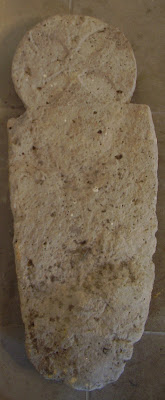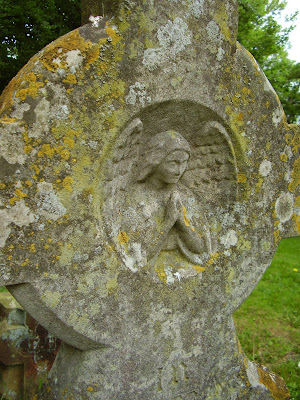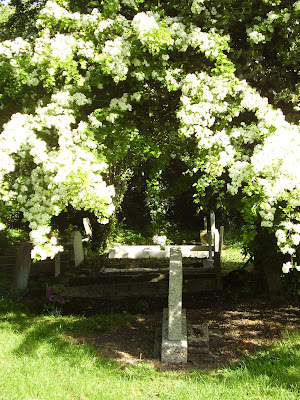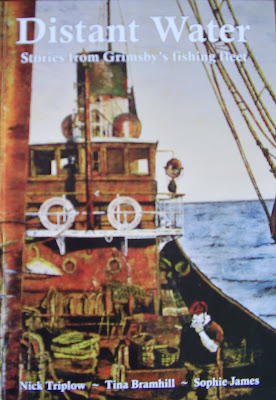
It intrigues me that the name Grimsby is unusual in being a name of Norse origin on the Trent and Humber bank. This doesn’t seem to surprise anyone else; it seems obvious that a natural port on the east coast might have such a name, and it is.
But just look at the sequence of names from Gainsborough (where the Trent was first bridged) to North Cotes (where the Humber gives way to the sea):
Gainsborough, Morton, Stockwith, Susworth,
Butterwick, Burringham, Gunness,
Flixborough, Burton, Alkborough, Whitton, Winteringham, Ferriby,
Barton, Barrow, Halton, Killingham, Immingham, Stallingborough, Healing, Coates, Coates, Grimsby,
Clee, Humberston, Tetney, and
Cotes. That is 23 English names as against 4 Norse names. (I’ve left out East Ferry, New Holland and Marshchapel which are modern names, and Goxhill which it is difficult to determine, and gone with the consensus that Killingham is the original form of Killingholme).
Now look at the sequence a single parish inland:
Corringham, Pilham, Blyton, Laughton, Scotterthorpe,
Messingham, Yaddlethorpe, Brumby,
Frodingham, Crosby, Dragonby, Risby, Normanby, Thealby,
Halton, Coleby,
Winterton, Horkstow, Burnham, Thornton, Ulceby,
Habrough, Brocklesby, Keelby, Aylesby, Laceby,
Bradley, Scartho, Weelsby,
Waltham, Holton, Waithe, Thorseby. The Norse names (17 of them here) now balance the English ones (16 here).
I haven’t found anyone who has noted or commented on this so have been wary of promoting a hypothesis on slender evidence and without scholarly corroboration. Nevertheless, I have wondered whether there is at least some pattern by which coastal settlements were established and named before Norse invaders arrived, and whether those Norsemen who pioneered new settlements had to do so on less promising ground inland of these settlements. The English population was low, and it would have been possible to concentrate it on prime sites such as those which gave access to water and trade. New settlers (whether or not they had taken over the existing prime sites) would have found unused land which would not have been the first choice of those already there.
It was only recently reading Michael Wood’s
The Story of England (based on the village of Kibworth in Leicestershire) that I’ve returned to wonder about this again. He comes to the point when the Anglo-Saxon Chronicle records that the over wintering Great Army stopped supporting itself by pillaging and instead shared out land and began to plough (first in Northumbria in 876 and then in Mercia in 877):
The East Midlands, between Trent and Welland, the Lincolnshire Wolds and Leicester uplands, were divided up, and members of a Viking army settled and took land alongside the English landowners... The pattern of... names shows us what might have happened after the share-out of the land by the Great Army... From the first phase after 877 are hybrid names like Grimston which combine a Viking personal name with the English word ‘tun’ (village)... which suggests the appropriation of already existing English estates and settlements by warriors of the Danish army... Second-stage settlements - those of immigrants who perhaps came from England in the next two or three decades - are indicated by another layer of place names. To the north-east of Kibworth a cluster of names on poorer land contain the Viking word for farm, ‘by’... Galby issurrounded by villages which kept their English names... where evidently the local native farmers were not dislodged. The Vikings in Galby then had to be satisfied with poor mariginal land... Bushby as its name says, was a ‘farm in the scrubland’; Thurnby, ‘the farm on thorny land’; Rainsby... was ‘a borderland farm’.The picture is a pillar piscina at Swallow which we saw at the weekend; is in Norman work which doesn’t fit very well with this post, but there it is.














